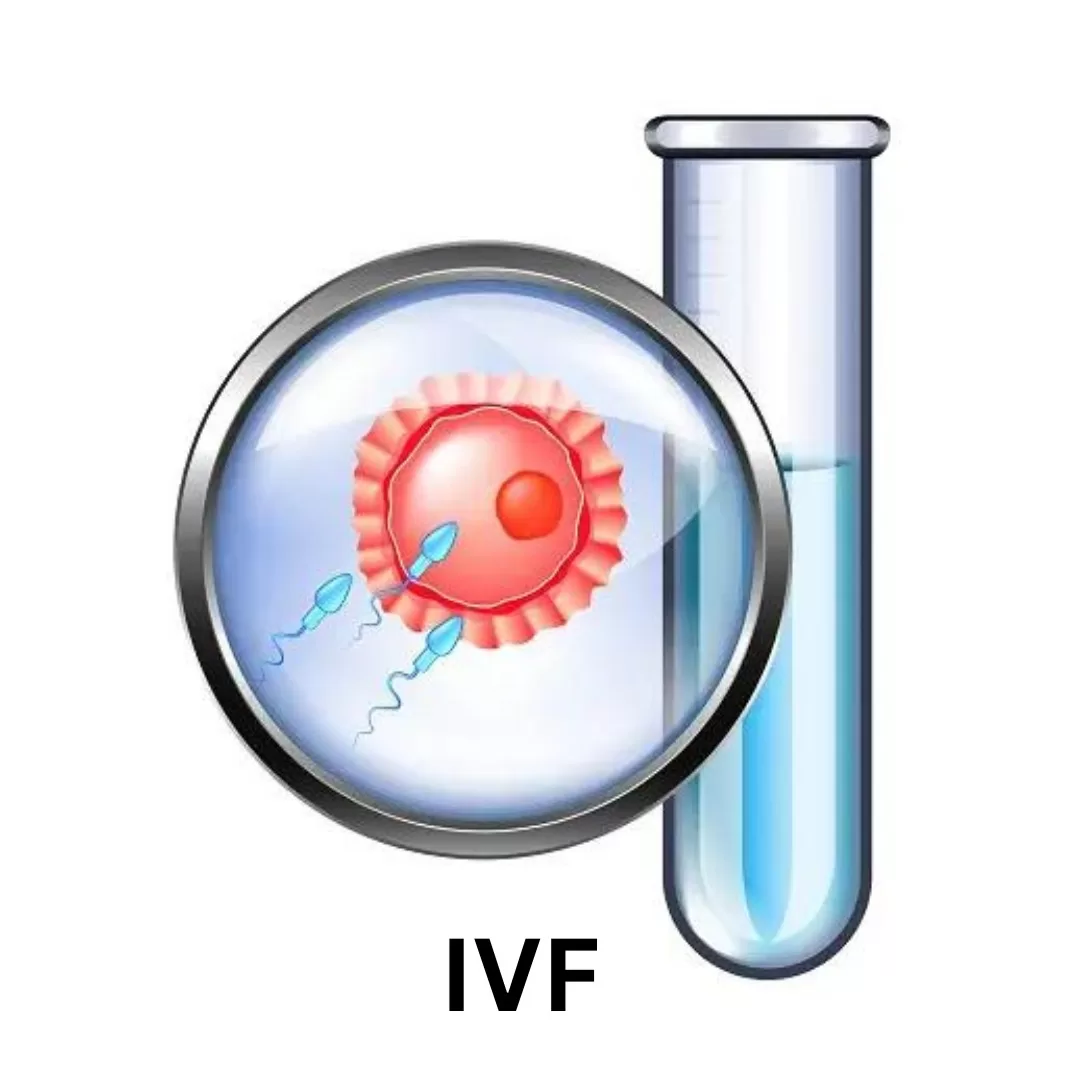Recurrent pregnancy loss
Definition of Recurrent Pregnancy Loss:
➡️Spontaneous & recurrent abortion occurring consecutively 3 or more occasions
➡️Maybe primary or secondary, if it occurs after the birth of viable babies
What Causes Recurrent Pregnancy Loss?
➡️Most pregnancy losses result from chromosomal, or genetic, abnormalities, and are random events. The abnormality may come from the egg, the sperm, or the early embryo. Approximately 12-15% of all clinically recognized pregnancies end in miscarriage; however, it is estimated that at least 30-60% of all conceptions will end within the first 12 weeks of gestation. Up to 50% of the time, the woman doesn’t even realize that she was ever pregnant. The risk of miscarriage increases with the number of previous pregnancy losses, but is typically less than 50%.
(A.) Maternal
• Systemic disorders like syphilis infection, diabetes mellitus, chronic nephritis, essential hypertension and Rh- incompatibility
• Hormonal
⁃ Luteal phase defect (progesterone deficiency)
⁃ Polycystic ovarian disease (hypersecretion of luteinising hormone)
⁃ Presence of thyroid auto antibodies
• Cervical incompetence (occurs after 14th week of gestation)
• Development abnormalities of the uterus
⁃ septate uterus
⁃ Bicornuate uterus
• Immunologic causes:
⁃ Autoimmunity
⁃ Antibodies responsible are antinuclear antibodies, anti DNA antibodies, anti phospholipid antibodies.
⁃ Allo immunity (failure of maternal recognition of trophoblast lymphocyte cross-reactive antigen) TLX. Consequently lack of production of blocking antibodies by the mother. Due to sharing of HLA between the partners.
• Infection in the genital tract
(B.) Foetal ➡️ chromosomal defects
(C.) Idiopathic (Unexplained Recurrent Pregnancy Loss)
➡️Over one-half of patients with recurrent pregnancy loss will have unexplained recurrent pregnancy loss, which means that no specific cause could be identified in the work-up.
(D.) Paternal causes of infertility
➡️Husband’s genetic defects in the sperm can also lead to Bad Obstetric history. There are various factors that can lead to RPL such as increased consumption of alcohol, chronic smokers or drug users, extreme work environment, injuries to private parts, infection in childhood or chronic health problems (eg: diabetes, obesity, hypertension)
What Tests are Done for Couples with Recurrent Pregnancy Loss?
➡️First, a physician will take a detailed medical, surgical, family, and genetic history and perform a physical examination. Testing that may be done include karyotype analysis of both partners. The karyotype is the chromosomal, or genetic, make-up of a person. The purpose is to find abnormalities in the parents that could be passed on to the offspring, resulting in miscarriage. Because karyotype abnormalities are relatively rare, a doctor may choose to not perform this test unless other, more common, abnormalities are ruled out.
➡️Preconception stage
⁃ Blood group & RH typing of both (male & female)
⁃ Haemoglobin estimation, complete blood count
⁃ Karyotyping of both (male & female)
⁃ Urine routine examination, microscopy and culture
⁃ Glucose tolerance test
⁃ Liver, renal & thyroid function test
⁃ TORCH titre estimation
⁃ Anti phospholipid antibodies
⁃ Hysterosalpingogram
⁃ Cervical swab culture: Listeria & chlamydia known to cause recurrent abortions.
⁃ Sperm aneuploidy test for males
Treatment of Recurrent Pregnancy Loss
1. Surgery
2. Blood-thinning medicines
3. Correcting other medical problems
Treating medical conditions such as diabetes, thyroid dysfunction, or high prolactin levels can improve the chances of having a healthy, full-term pregnancy.
4. Genetic screening
5. Lifestyle Choices
In general, whatever is healthy for a woman improves the chance of a healthy pregnancy. Both the partners should Stop cigarette smoking and illicit drug use (such as cocaine) will lower the risk for miscarriage. Limiting alcohol and caffeine intake may also help. Being overweight has been linked with increased risk of miscarriage, so healthy weight loss might also help pregnancy outcomes. There is no proof that stress, anxiety, or mild depression causes RPL. However, these are important problems that go along with RPL. Psychological support and counseling can help couples cope with the emotional pain of miscarriage and create a healthy environment for a pregnancy.








![SPERM ANEUPLOIDY TEST (SAT) [FOR MALES]](https://www.orkidmedilife.com/wp-content/uploads/2022/12/blog03.webp)

